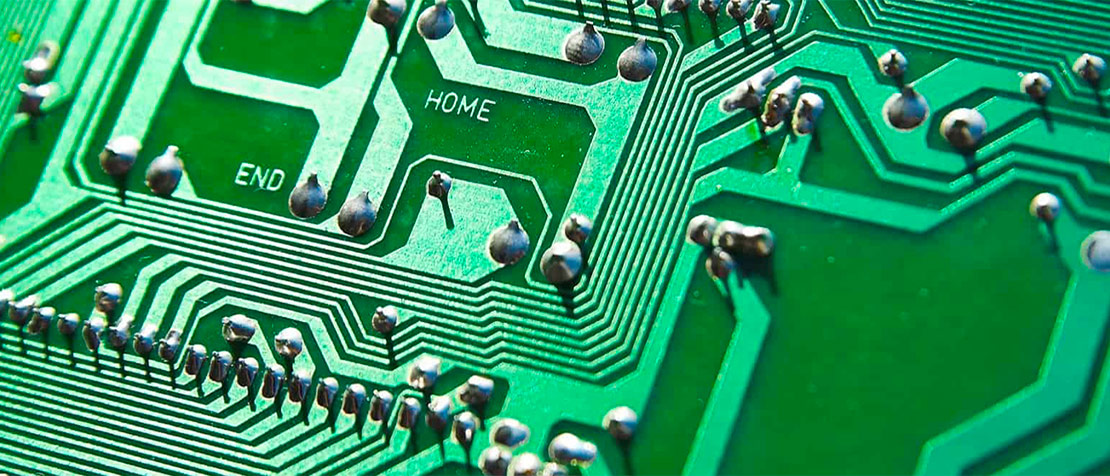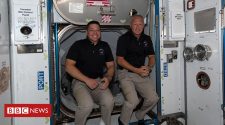ITU
Many enterprises are turning to technology to increase efficiency and ‘green’ their own operations.
But the ICT sector itself is currently one of the fastest growing greenhouse gas-emitting and energy-consuming sectors.
What more can be done to reduce our own carbon footprint?
Whether monitoring natural disasters or energy consumption or innovating the exciting new world of smart cities— the technology sector has already proven that it has the ‘smarts’ to make a positive difference. Post-pandemic, the ambition is to ‘build back better’ but the window for action is closing fast and we can’t fantasize about the future without also putting our own house in order.
We need to collaborate internationally, regionally and nationally to turn intention into action.
The interplay between climate change and digital transformation is fundamental. ICT can have transformative impact on the United Nations Sustainable Development Goals (SDGs) if developed and deployed with environmental impact in mind.
In the area of e-waste, for example, it can be challenging to determine who is responsible for the end-of-life management of equipment. The obligations for companies that produce equipment and put it on the market are not always clear, and the energy efficiency of products is not yet tied to the regulation of waste management.
For International E-Waste Day, ITU partnered again with the WEEE Forum to produce a report entitled Internet Waste, with a focus on end-of-life management of the ICT equipment that supports our increasing connectivity. Sustainability efforts are becoming increasingly important across ICT supply chains.
However, the current regulatory environment too often makes it uneconomical to recycle and reuse obsolete ICT devices.
As well as incentivizing the refurbishing, upgrading and recycling of infrastructure equipment, we need to reduce the amount of e-waste by designing ICT products with greener materials and ensuring they have longer lifespans. The ITU’s green ICT standards promote frameworks to design waste out of products and contribute to the global shift towards a circular economy.
ITU’s Connect 2030 Agenda set a target to increase the global e-waste recycling rate to 30 per cent and raise the number of countries with an e-waste legislation to 50 per cent by 2023. It’s a global call to action that doesn’t let any organization shift responsibility off its own shoulders.
We also need to ensure interoperability and reduce energy consumption as much as possible.
The latest ITU standards for energy efficiency provide guidance for sustainable power feeding solutions for IMT-2020/5G networks, energy-efficient datacentres capitalizing on big data and artificial intelligence, and smart energy solutions for telecommunication infrastructure.
For any effort to succeed we need a common basis to start with. This is why we encourage organizations to use science-based targets aligning with the recommendations of the Intergovernmental Panel on Climate Change (IPCC) report which advocates for the limitation of global warming to 1.5°C. The Paris Agreement will require the ICT industry to reduce greenhouse gas (GHG) emissions by 45 per cent from 2020 to 2030.
Predicting natural disasters
Meanwhile, the daily impact of global warming requires emergency measures and predictive analysis to protect communities. Last year, our World Radiocommunication Conference adopted a resolution for early warning, disaster prediction, detection, mitigation and relief operations relating to emergencies and disasters – as well as a resolution for the protection of radio spectrum-reliant space weather sensors used for global prediction and warnings.
The ITU Radiocommunication Assembly 2019 decided to conduct urgent studies regarding disaster prediction, detection, mitigation and relief so that when disaster strikes connectivity can be prioritized, and resources can be more easily found to provide vital communication for relief workers and the people affected the most.
At a time when 3.7 billion people across the world are offline it is urgent for countries everywhere to consider the benefits of reducing taxes and creating incentives to encourage Internet take-up. ITU is keen to collaborate in finding ways to deliver on the Paris Agreement, the ITU Connect 2030 Agenda and the SDGs, to turn today’s digital transformation into effective climate action. Let’s remember, the poorest and most vulnerable people are often hit the hardest by natural disasters.
It is important that we all take responsibility.
I am pleased to say ITU has been climate neutral since 2015 and we are currently stepping up our internal sustainability efforts even further.
We have developed a toolkit on environmental sustainability for the ICT sector, which provides organizations with a checklist of sustainability requirements. Joint action is required, by policymakers, multilateral organizations and the commercial ICT sector.
I hope that the ICT community will use this unique moment in history to strengthen collaboration and cooperation. The stakes are high. COVID-19 has brought home to everyone the tremendous benefits of digital technologies to transform our economies and our lives. We must ‘build back better’, and that means we must build back ‘greener’.

















